You can trust Cyclingnews
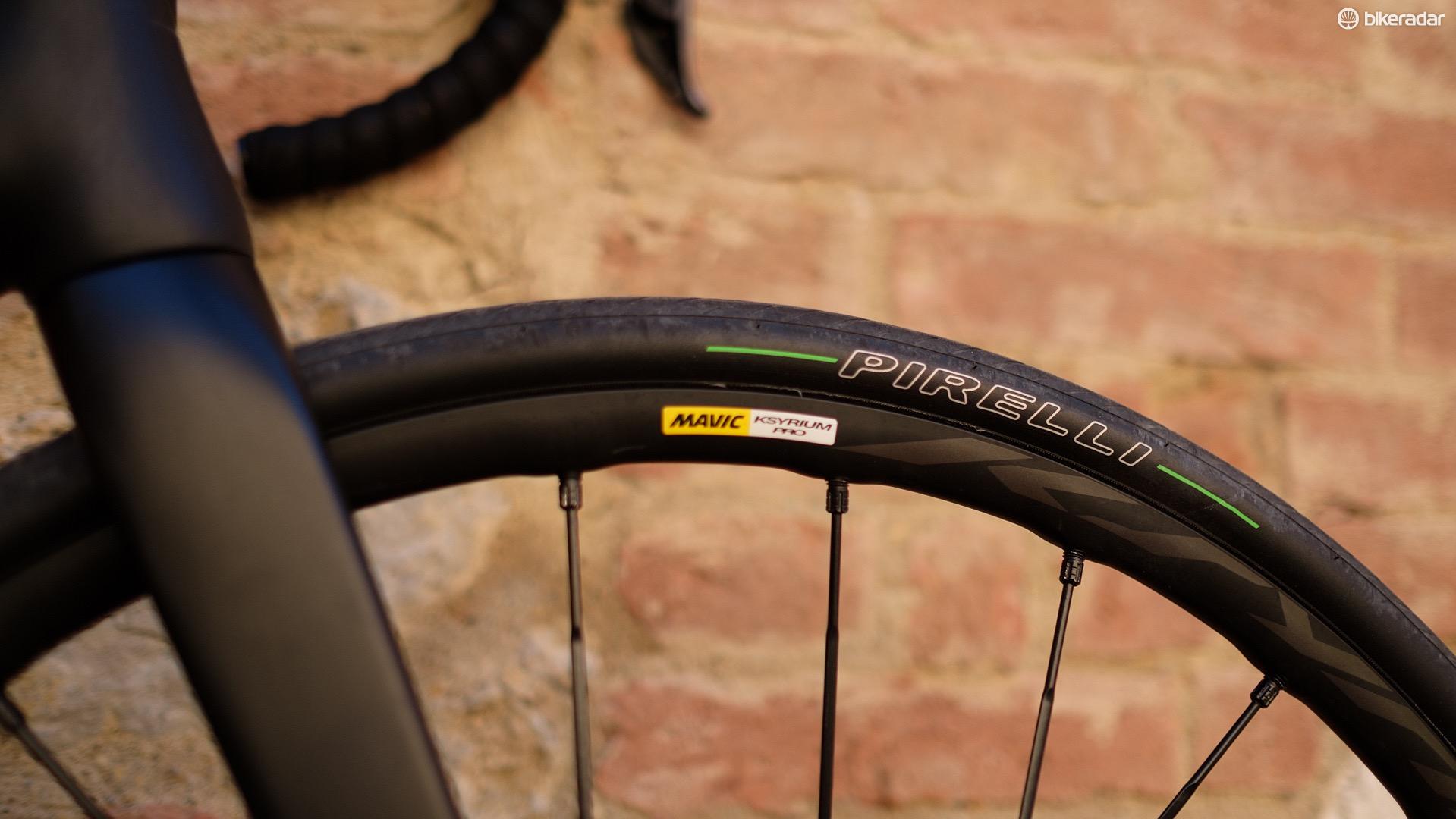
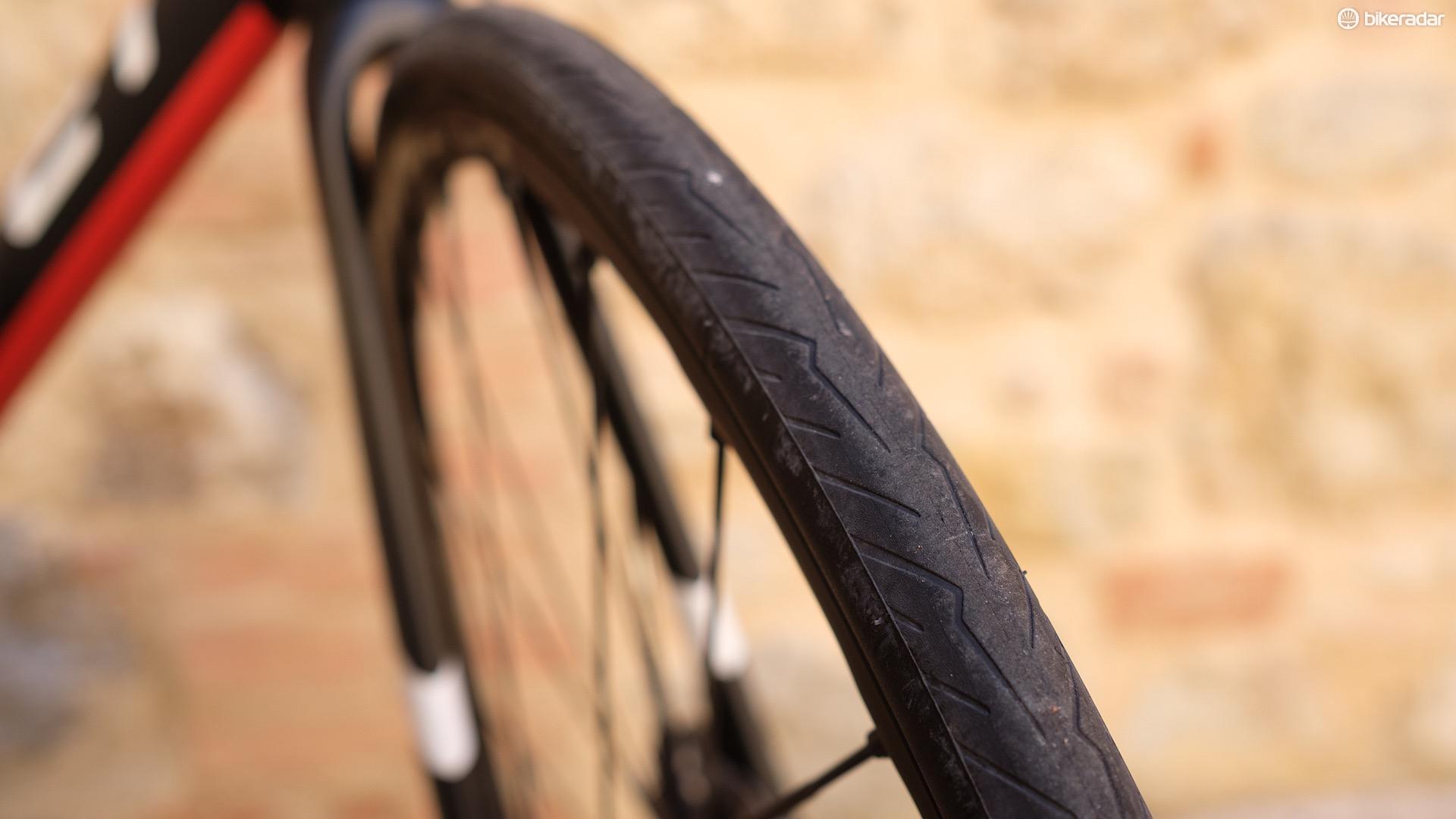
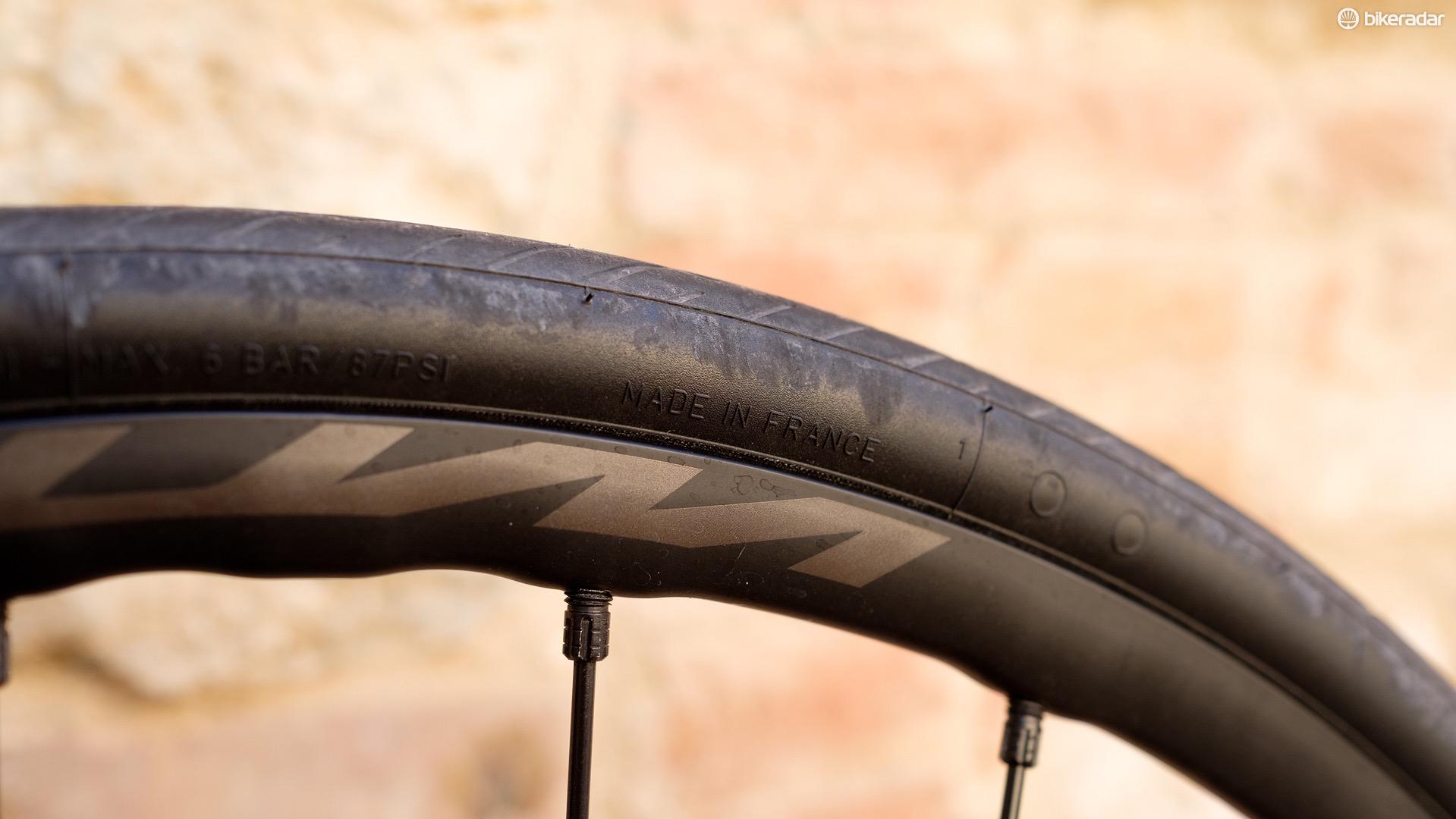
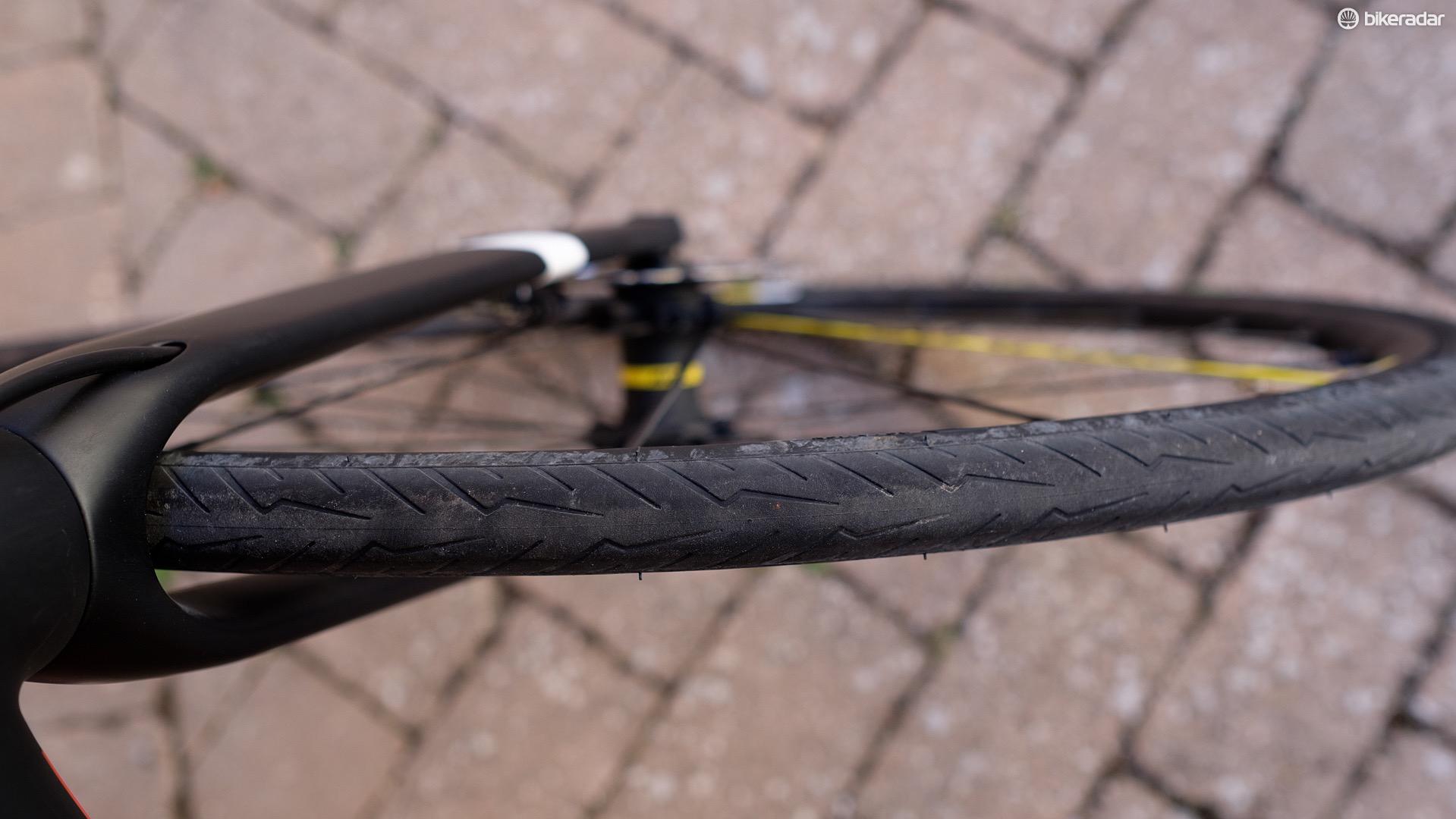
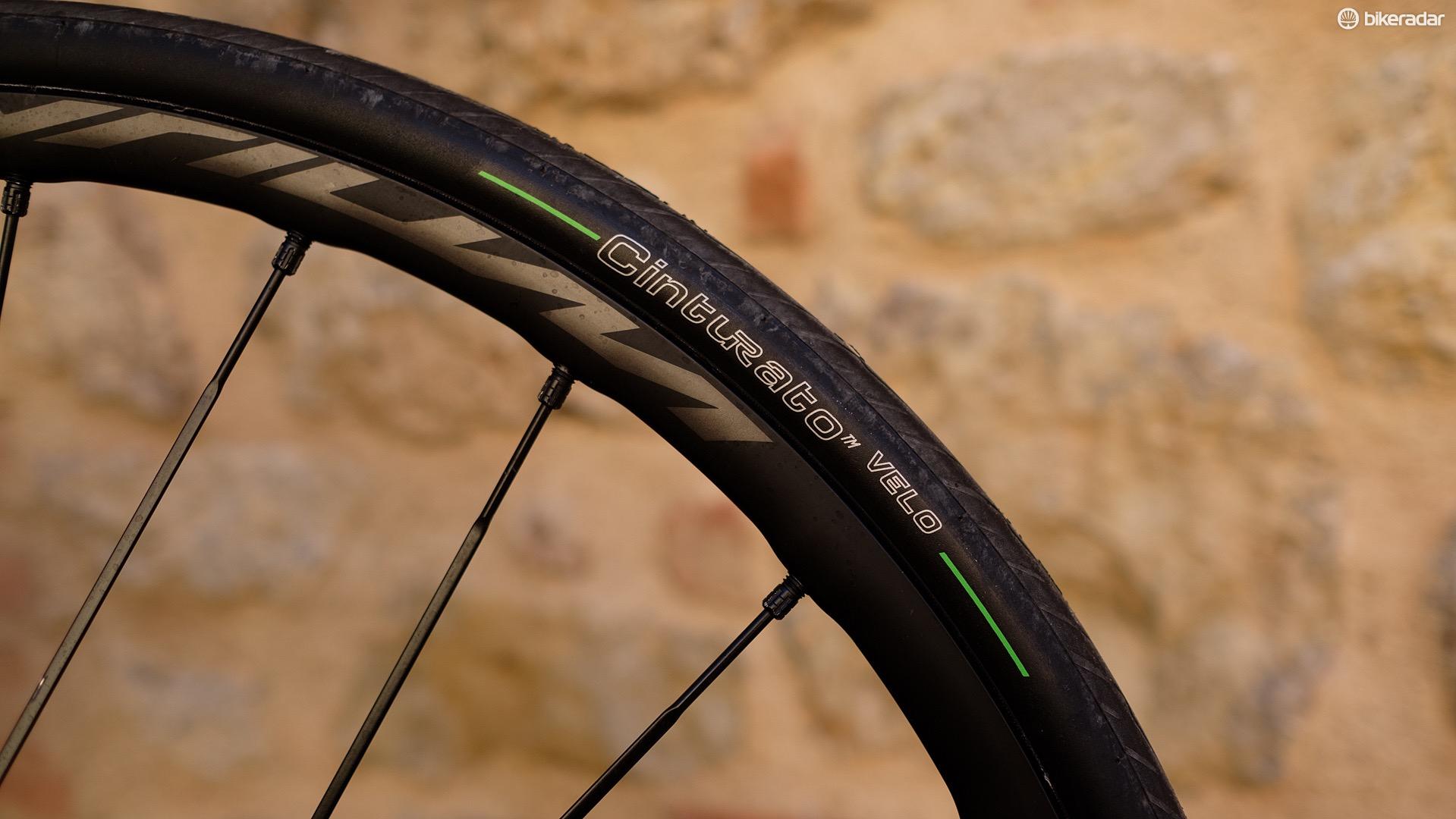
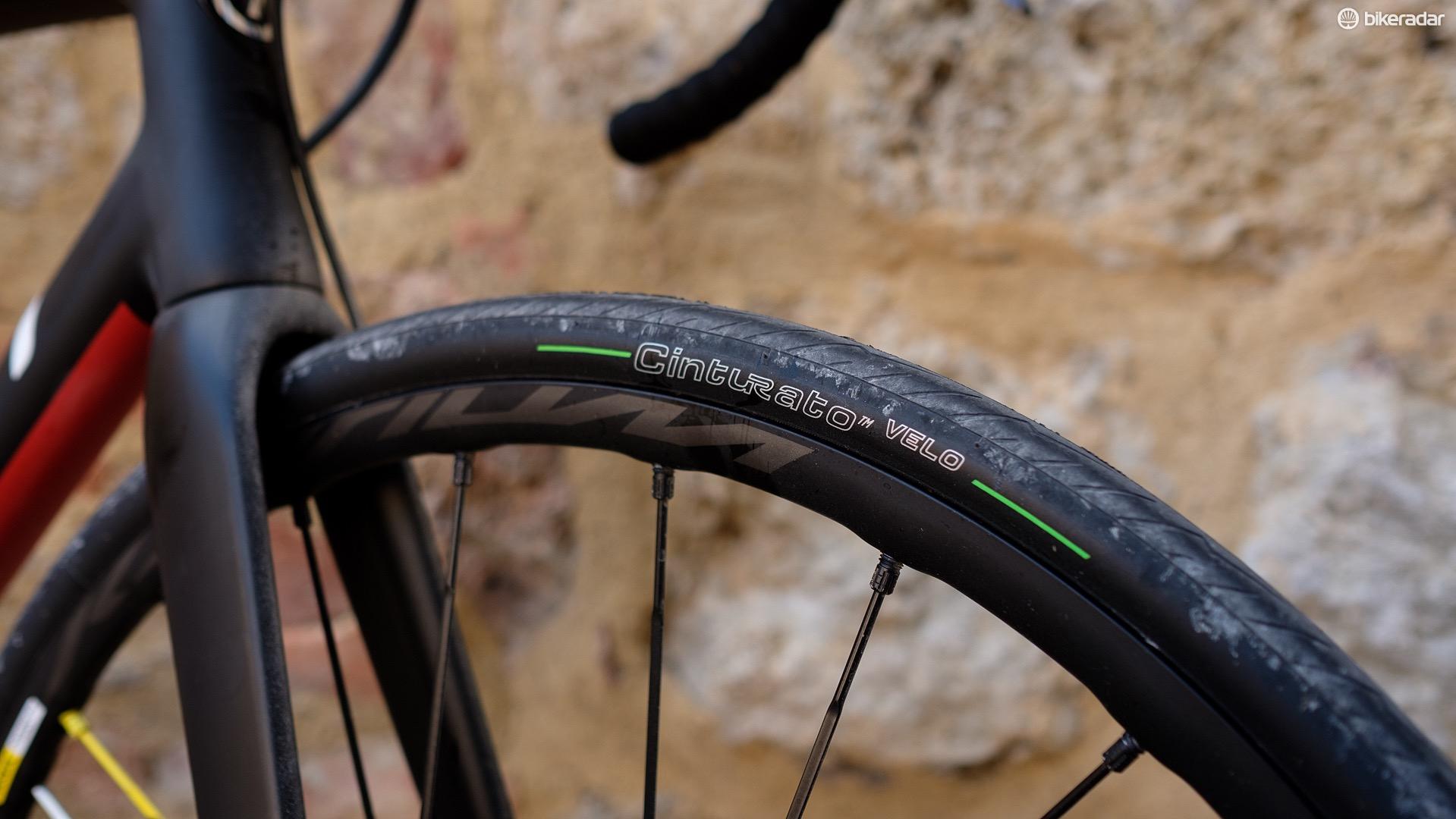
This article first appeared on BikeRadar.
Last year Pirelli returned to cycling with its Pzero Velo range, but with no tubeless options and the widest clincher at 28mm, it was far from a complete line-up. Enter the all-new Cinturanto, Pirelli’s first tubeless-ready bicycle tyre that will be sold in width options that should please everyone from gravel grinders through to endurance riders and fast commuters.

The Cinturato is Pirelli's first tubeless-ready tyre
Pirelli Cinturato specs
- 26, 28, 32 and 35mm options
- Tubeless-ready casing
- Claimed weight from 290-380g
- Cinturato is Italian for radial tyre
Happy with or without tubes

The tubeless-ready casing of the Cinturanto is a first for Pirelli, but the company has put a lot of time and effort into making these ride as well as possible with an inner tube inside. It’s for this reason that you’ll find two inflation values on the tyre sidewalls: one for tubeless and one without.
| Claimed size (mm) | Claimed weight (g) | Rim compatibility (inner width) |
| 26 | 290 | >19mm |
| 28 | 320 | >20mm |
| 32 | 350 | Row 3 - Cell 2 |
| 35 | 380 | Row 4 - Cell 2 |
A focus on durability and puncture resilience
Durability was a priority on this tyre, and Pirelli used a couple of new technologies to reach its desired level of performance. Its patent-pending Armour Tech construction is one of those, which sees a high-density protective nylon layer spread from bead to bead across the tyre. This layer improves stability for low pressure riding and ensures the tyre carcass remains air tight when used with a liquid sealant. An aramid breaker belt sits above this layer for protection against sharp objects.
The rubber tread has also seen some drastic changes over what was used in Pirelli’s PZero range, despite holding the same SmartNET Silica branding, again to improve the tyre’s resilience against punctures. Its two layers are interlaced with aramid fibrils to provide protection around the entire tread.
The directional tread pattern looks to be somewhere between that of the Pzero Velo and Pzero Velo 4S tyres, with lightning bolt-like shapes that taper towards the tyre sidewalls.
Made in France?

Like Pirelli’s other tyres, the Cinturato is made by a manufacturer in France. Pirelli argues that this is not a rebadging exercise and instead it has been responsible for the design, research and development of the tyres. Finally, the all-important compound is also produced by Pirelli in Romania before being shipped to the French factory.
First ride impressions
I tested the Cinturato tyres in the hills of Siena, Italy, on a brief 35km loop that included several gravel road sections of the Strade Bianche. I rode with Pirelli employees and other journalists, many of whom were on 3T Exploro gravel bikes. I was on a Titici road bike, and felt apprehensive about how this tarmac specialist was going to behave on gravel roads, regardless of the 28mm Cinturato tyres squeezed into each end.
Despite this being Pirelli's first tubeless road product, the tyres were set up with inner tubes because the company believes most of its customers will use it this way, at least at first.

The tread pattern will looks familiar to anyone who is familiar with Pirelli's existing bicycle tyres
With several kilometres of near-flat tarmac under our belts it was obvious that these tyres had no problems with rolling resistance, but we’d not really been able to get a feel for their grip or comfort levels yet.
The tempo switched from play to fast forward on the first gravel section. With the air now thick with the area’s famous white dust, I tried to familiarise myself with the rhythmic numbing my hands and feet were encountering.
Suddenly I had a new-found respect for racers on terrain like this, with ruts, potholes and nasty chunks of gravel approaching at speeds that left each of us with very little room for error. The Cinturatos were absorbing repeated hits that already would have pinch-flatted a weaker tyre, but they also left enough confidence to support my panicked line changes. The comfort was impressive, too, feeling as supple as any other 28mm tyre I’ve tried.
Returning to tarmac was a relief, and with the bike sporting white dust on all of its leading edges, we dug into sweeping asphalt roads. With gravity on my side it was time to exploit the tread compound.

We'll keep you posted on how the Cinturato performs outside of Italy
Much like the first-generation Pirelli tyres I am now familiar with, I quickly felt the confidence to really lean the bike into bends.
Our limited test time allowed me to come away with absolute confidence in the dry-weather grip and puncture resilience of this tyre. I feel that, in this 28mm version at least, its comfort was also something special.
Wet-weather grip, durability and performance sans tubes remains in question, and that’s why I’ve taken a set home with me. Stay tuned for a full review.